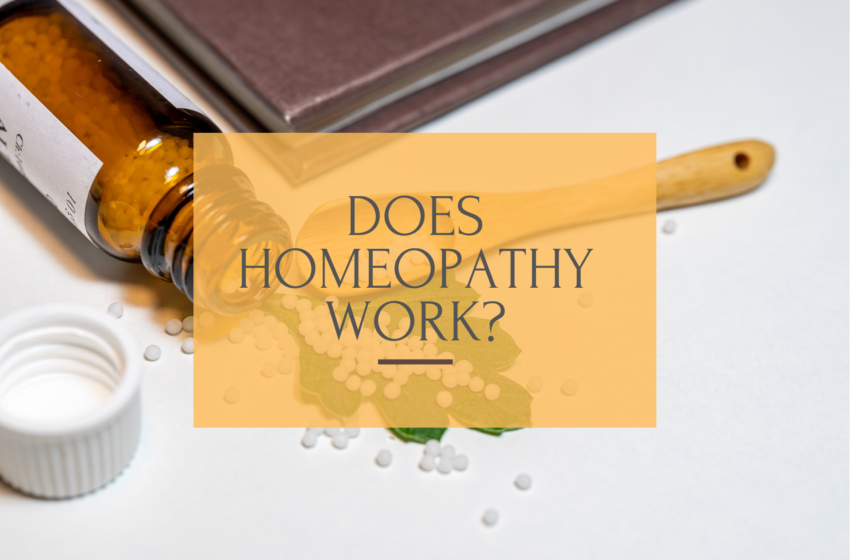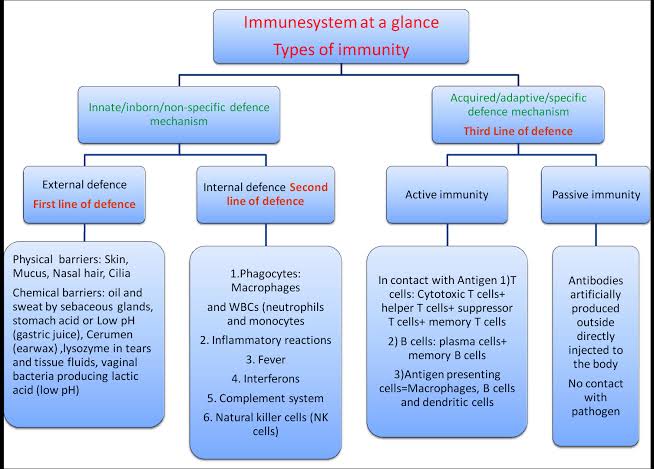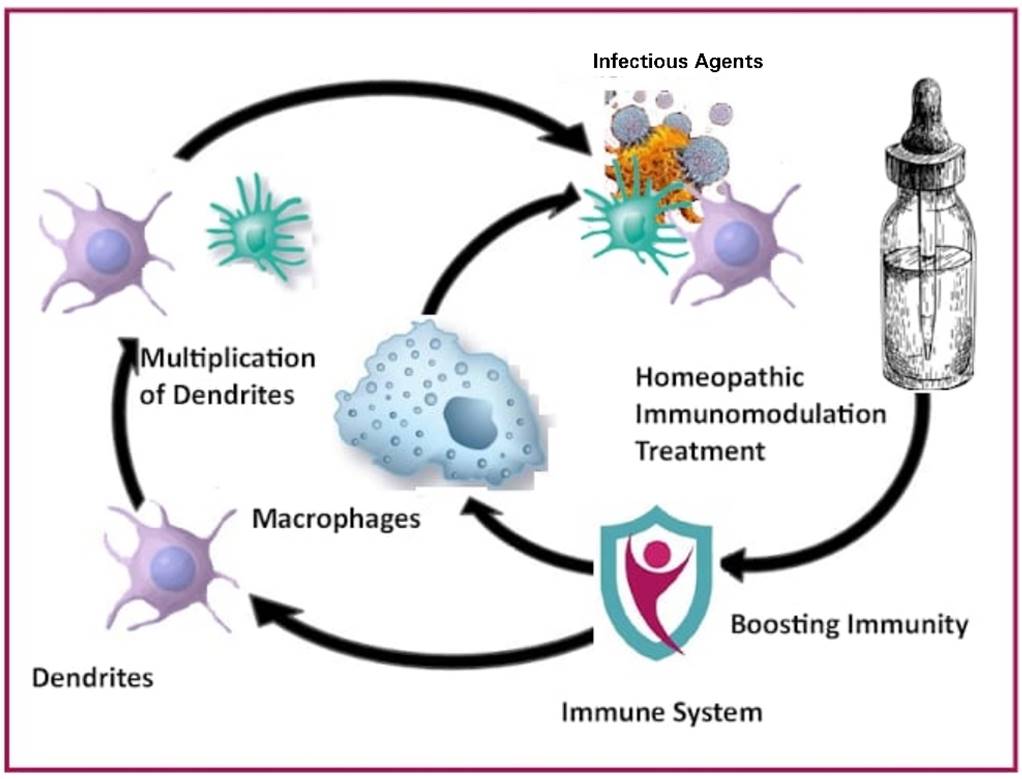Unfolding the Folds of Breast – World Breastfeeding Week 2021

Busting “The Myths” around Homeopathy
There’s always been much curiosity within and outside the homeopathic world regarding the action of homeopathic medicines. And more often than not the frequently asked question to any homeopathic practitioner is about the same that how it is going to work? The topic is much debated also. So this post discusses and tries to explain how homeopathic medicines act in the body and interact with the deranged state of the body to help recover health. But before going further to address the obvious, let’s shed some light on the terms disease and immunity and understand them.
In the medical context, when there is a disturbance of the biological equilibrium between the organism and the external environments, it results in discomfort either at the mental or physical level and presenting clinically with signs and symptoms of that abnormal state, which is termed as the disease. But is it so that every time we caught an infection or come in contact with a harmful agent capable of producing disease, our body develops signs and symptoms of that particular infection? No, to which doctors would agree because our body is gifted with the power to fight off infections on its own by virtue of immunity. And this immunity resides in our body since the time we are born.

We become diseased that is our body only elicit clinically detectable signs and symptoms when it is not capable of fighting the ill state on its own which implies when the immunity is not sufficient alone to ward off the infection and requires a medicinal aid. Here one should be mindful and cautious enough to distinguish between symptoms that our immune system produces while fighting the infection and illness and protecting the body, from the state produced when the immune system requires the help of medicine to do the same. This statement can be simplified with the help of an example, whenever there is an irritant in our respiratory tract our body’s immune system response to it either by sneezing or coughing, which are the protective reflexes. And if the irritant persists, the protective response can be prolonged. Here one can mistake to take the medicine for the responsive sneeze or cough rather than pay attention and treat the cause of it.

For our immune system to protect our body without the help of medicines it must work at an optimal level. Hyper-responsiveness of the immune system also leads to a diseased state causing autoimmune diseases and so does the decreased functioning that causes repeated infections and a tendency to fall ill frequently. So a normal optimal working immune system is required and this can be achieved with the help of medicines by the process of Immunomodulation, which means to regulate the immune system. But why homeopathic medicines?

Homeopathy as a system of medicine has a holistic and individualistic approach to each patient, which means different medicines are given for different persons (who might be suffering from the same disease) and not for different diseases, unlike modern medicine. This statement is in accordance with what Dr. Hahnemann, the founder of homeopathy, has advocated of “treat the man in disease and not the disease itself.”

Homeopathic medicines despite having a specific sphere and depth of action, act primarily by stimulating the immune system and providing the push or threshold required by it to react and cure itself and restore the healthy state.
A laboratory experiment conducted to prove the efficacy of homeopathic dilutions on the cells of the immune system showed Apis mellifica has a significant inhibitory effect on the degranulation of basophils and mast cells and thus cures allergies.
Furthermore, the immune system alone is not an autonomous entity to restore the sick to health, it is controlled and signaled by the brain via neurotransmitters to function properly. And an individual is a complex combination of cognition, behavior, and emotions, where following a holistic approach is challenging. Because psychoimmunological studies have strong evidence that various behavioral and psychological processes affect and influence the immune system. Hence, it becomes crucial to understand the diverse cognitive and emotional responses for a better understanding of biologically complex human beings to maintain a healthy state with the aid of homeopathic medicines.
References:
1) Organon of Medicine, 5th Edition, Samuel Hahnemann
2) Janeway’s Immunology 9th Edition by Kenneth Murphy and Casey Weaver
3) Psychoneuroimmunology, David L. Felten, Mary E. Maida
4) https://www.ncbi.nlm.nih.gov/pmc/articles/PMC1375241/
Note: We at The Homeopath take our ethics very seriously. More information about it can be found at Disclaimer page of our website.



1 Comment
Nice and knowledgeFul Article….